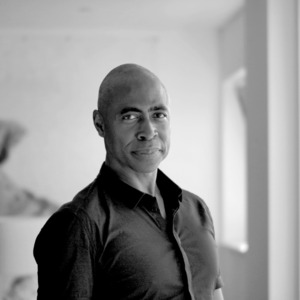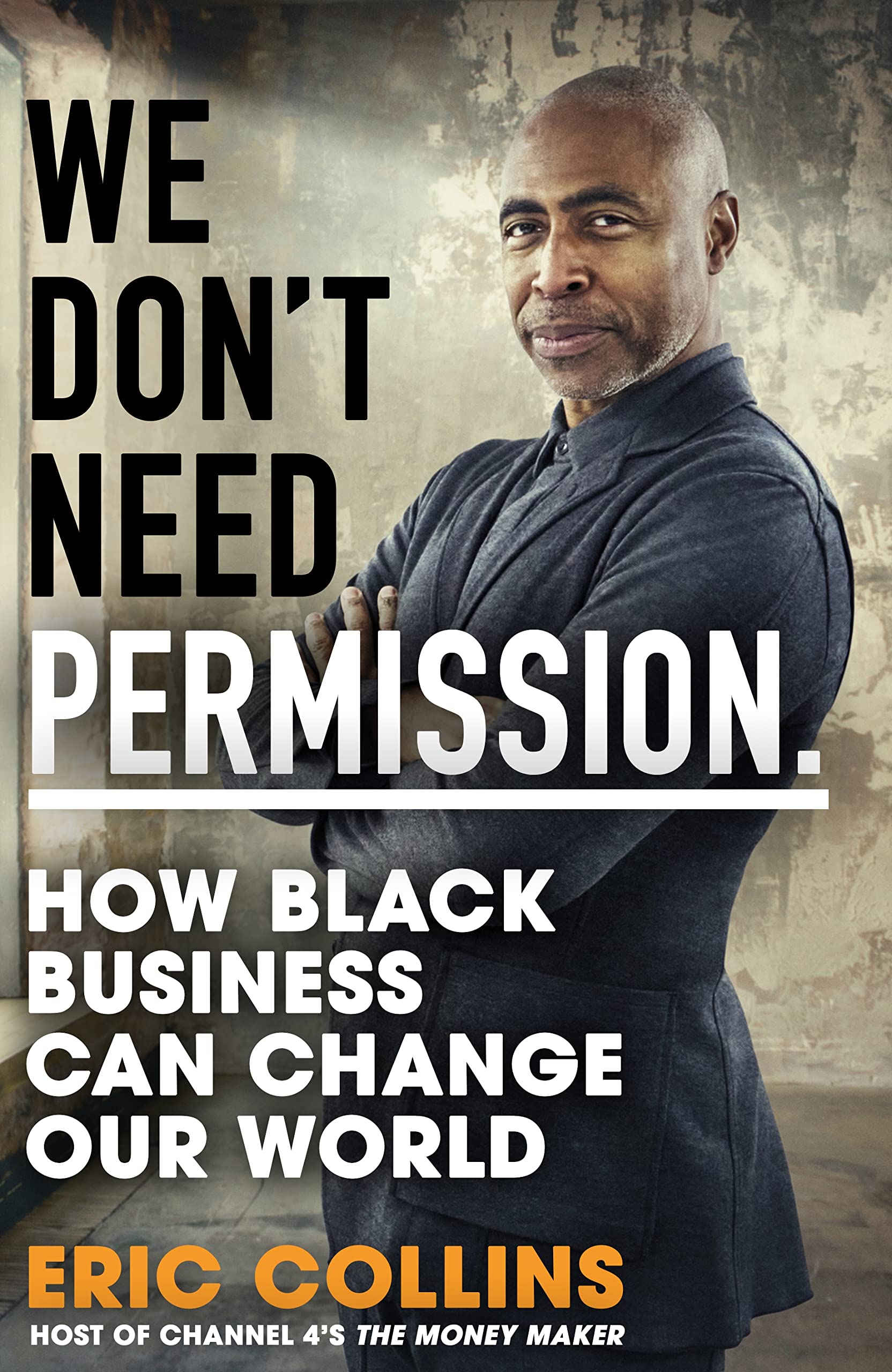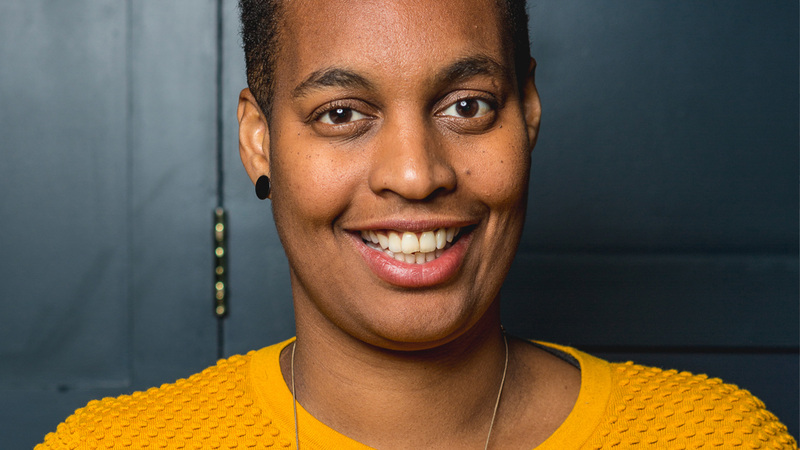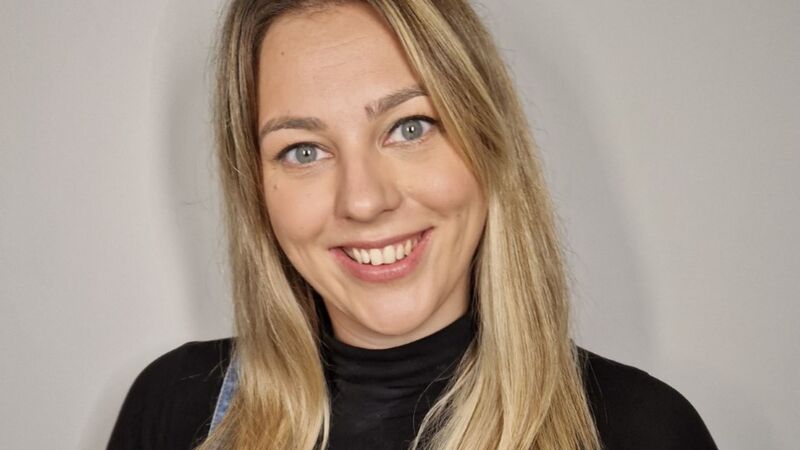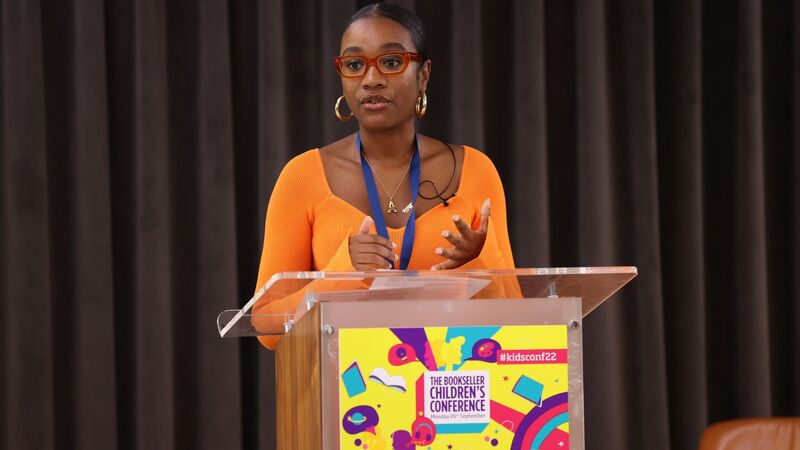You are viewing your 1 free article this month. Login to read more articles.
Taking control
The US businessman and entrepreneur explains how lockdown invigorated him to outline his manifesto for lasting change for Black communities.
My original immersive technology was books. I recall passing days and nights inhabiting worlds created by Octavia Butler, Ralph Ellison, Zora Neale Hurston, Langston Hughes, Paule Marshall, Gordon Parks and Maya Angelou. The world of Greensboro, North Carolina, where I was born and grew up, receded to be replaced by a vibrant past, a magical present or even a dystopic future.
I borrowed some of my most effective life strategies from books, including how to be a good friend; how to distinguish “ride or die” allies from the fair-weather variety; how to make an asset out of being “other”; how to harness my emotions—from joy to rage. Other immersive platforms have come along that absorb and teach me, from streaming services to video games to social media. And while many folks are digital natives, I am a proud book native.
Funny, I never thought to write a book. Many people have a desire to pen a great novel or memoir. Not me. So how am I an author? A combination of factors prompted the writing of We Don’t Need Permission during lockdown—it will be published by Transworld in September. One factor was the mass mobilisation of protestors under the banner of Black Lives Matter. The murder of George Floyd was a galvanising moment worldwide. The unimaginable event re-energised and broadened the racial justice movement’s constituencies.
Before Covid, lockdowns, supply chain trauma and historically high inflation, we all lived with a quite startling injustice right under our noses that demanded the same intense response seen after the murder of George Floyd
Yet, in the UK there was a second factor and an equally strong impetus to get me writing: poverty among young Black people. Before Covid, lockdowns, supply chain trauma and historically high inflation, we all lived with a quite startling injustice right under our noses that demanded the same intense response seen after the murder of George Floyd. This injustice received almost no attention and certainly not a broad coalition protesting in unison around the world. One statistic stopped me cold: one in two Black children in the UK lives below the poverty line today, compared to one in five of their white peers. Are any of us marching to right this wrong?
Although a labour of love (and thanks to the help of a trio of brilliant Black British women: Andrea Henry, my editor; my agent Natalie Jerome; and Eva Simpson, my PR strategist), writing a book was my attempt to take my experiences as a C-suite tech exec and investor and apply my learnings to the cause of social justice. How do you sustain a moment like Black Lives Matter and battle poverty at the systemic level? By controlling the capital resources needed to fund a movement. But Black people don’t have the resources to determine our own destiny and must always fall back on the kindness of allies. Our businesses are too small and don’t create the wealth we need to sustainably fund the strategies for change in which we believe. If we want to do something for ourselves, not in the distant future but right now, we need new strategies.
Building blocks
Building global businesses founded by Black people on the scale of Amazon and Google is the strategy I advocate to fight injustice. The by-products of resources, power, access and more are the real tools to continuously fight social injustice. In We Don’t Need Permission, I offer 10 key principles of successful entrepreneurship and reveal how it is possible to change a system that has helped some, while holding others back. The book not only aims to inspire and motivate under-represented people to take their future and economic destiny into their own hands, but will demand of current business leaders and organisations that they do business better. The Black Issue of The Bookseller is another social justice tool. The Black Issue points to progress within the publishing industry but it also demonstrates that we are quite a distance from not needing permission to privilege and prioritise our own narratives whenever and however we wish.
You know what I look forward to? The day when every issue of The Bookseller is The Black Issue, The Non-Binary Issue, The Female Issue, The Disability Issue and no special annual demographically segregated issue is seen as breaking new ground. Let’s all work toward that day as we immerse ourselves in books.
Collins’ We Don’t Need Permission: How Black Business Can Change Our
World will be published by Transworld on 1st September 2022 (9781787635395, £20).
